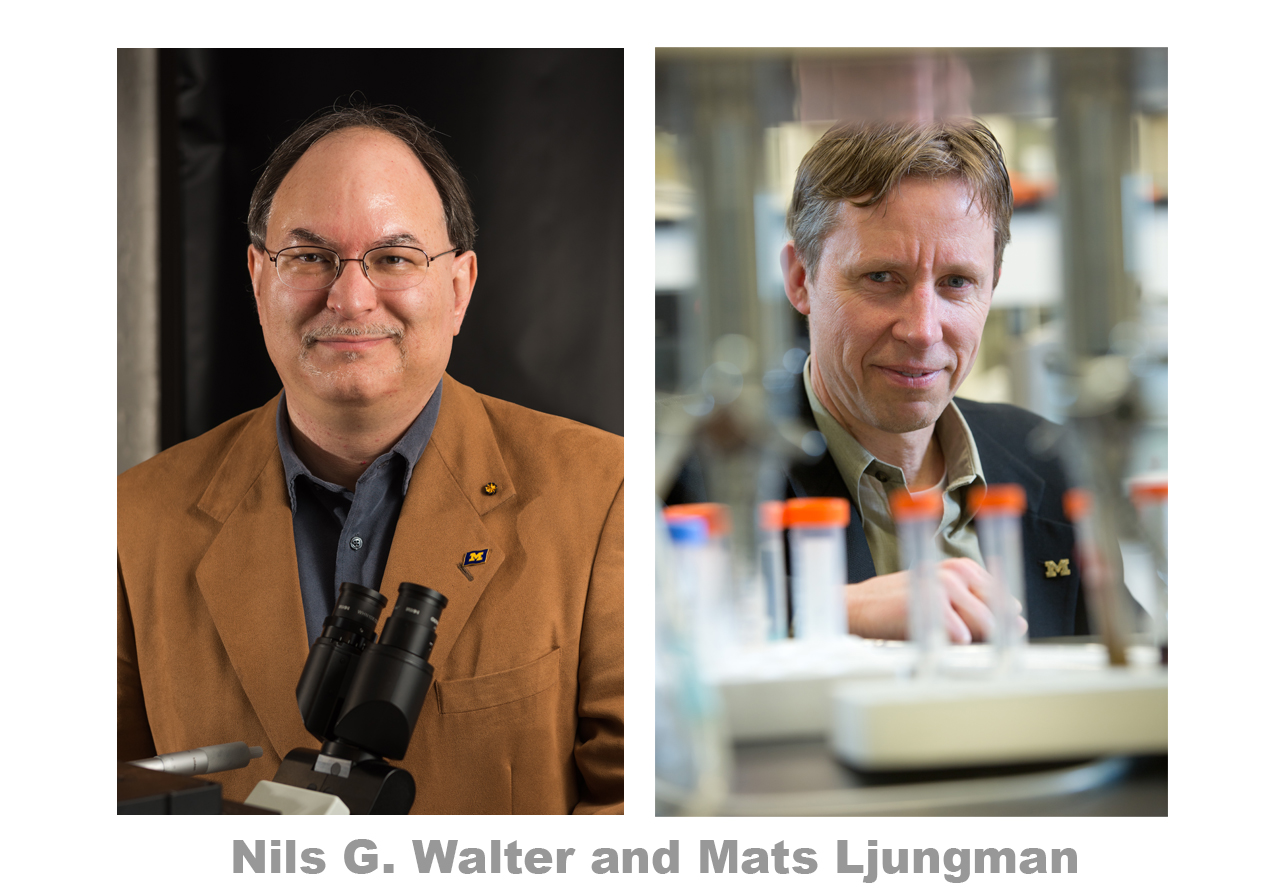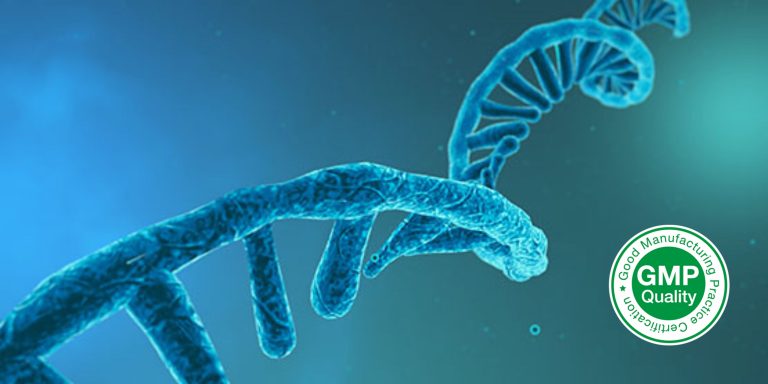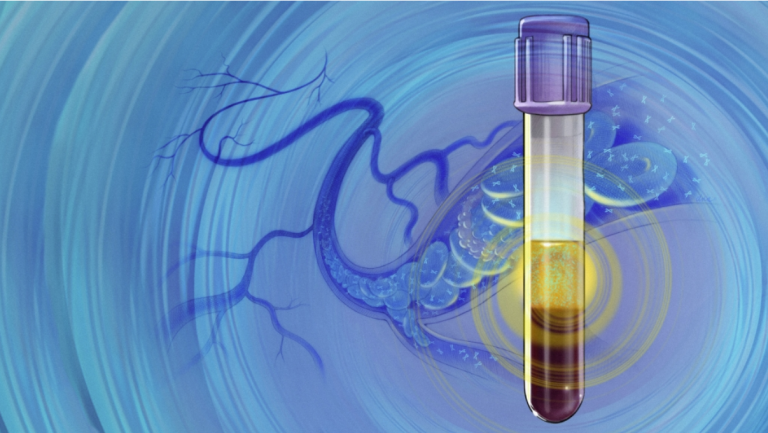From the Center’s co-directors, Fall 2020
 Dear Colleagues,
Dear Colleagues,
 Dear Colleagues,
Dear Colleagues,
by Dr. Kretzler and his team, and Elisabeth Paymal, U-M Center for RNA Biomedicine The scientific response to the COVID-19 pandemic is rapidly evolving. Every day, scientists are making discoveries based on years of investment in training and expertise that resulted in the accumulation of large, shared, high quality data sets now ready to be…

The Center for RNA Biomedicine hosted Pfizer’s Greg DiGennaro this week, an expert in Chemical Manufacturing and Controls (CMC) and international pharmaceutical regulations, for an informative webinar. Greg discussed navigating regulatory hurdles and Good Manufacturing Practices (GMP) in biomedical research and development. Below, you can find a YouTube video of his presentation, as well as…

Research Update: Sunitha Nagrath and Muneesh Tewari. CRB Faculty Members Sunitha Nagrath, Ph.D., and Muneesh Tewari, Ph.D., M.D., are learning the potential that liquid biopsies hold as a potential non-invasive, diagnostic tool. Their research is cited in a new article recently published in Health Lab. Dr. Nagrath reveals that circulating biomarkers found in bodily fluids…
March 22, 2017 // FOUND IN: Updates & Resources Michigan Medicine faculty and staff will soon have the opportunity to learn more about one of the newest — and most innovative — fields of medical research. The second annual U-M Center for RNA Biomedicine symposium takes place on Friday, March 31 at various sites across…
The Center for RNA Biomedicine offers bi-weekly RNA Innovation Seminars that feature visiting professors, U of M faculty, and students. The seminars cover a broad array of topics about RNA research and its application. In addition to learning about the latest research in the field, it is an opportunity to meet colleagues, network, and foster…
As we end the 2020–21 academic year, we’re still pondering the impact of RNA research on the pandemic that is changing the world we live in. As RNA scientists, we applaud the mRNA vaccine development and how scientists pivoted their research to contribute to SARS-CoV-2 and COVID-19 research. These extraordinary scientific achievements and the pandemic…